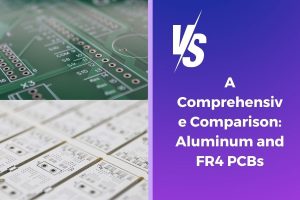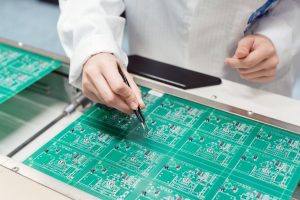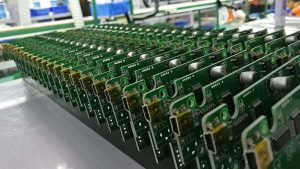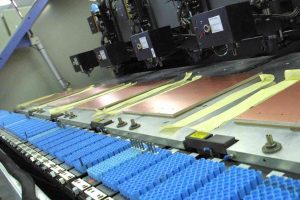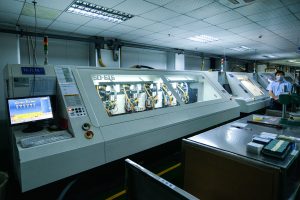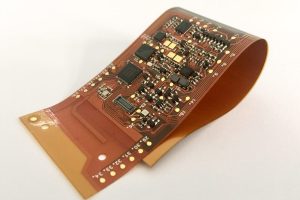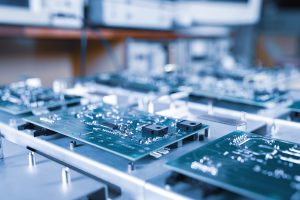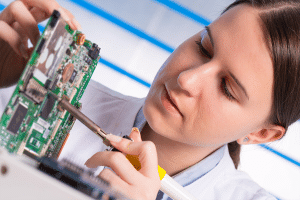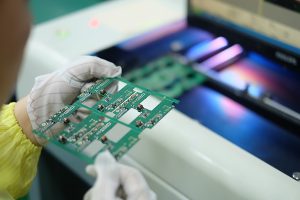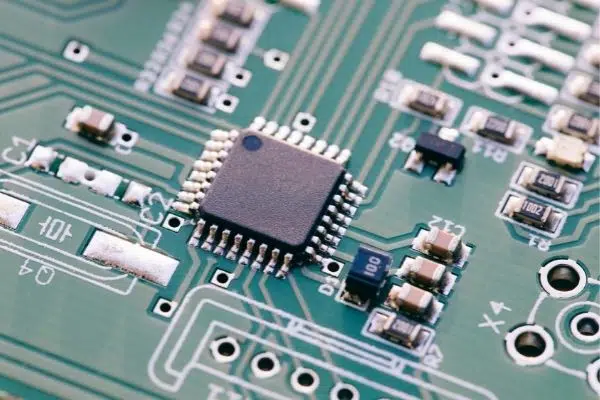The concept or practice of surface mount technology is still very confusing to many people. There is nothing actually complicated or technical about this process. This is because it simply involves electrical components being mounted directly on a PCB’s surface. When such a component gets mounted like this, it can be called a surface-mount device.
When it comes to the assembly of printed circuit boards in today’s electrical world, it can be said that surface mount technology is the most popular method that many manufacturers adopt. This is due to the advantages that it tends to offer such electronic devices.
What You Are About To Discover
If you have been wondering about what the advantages of surface mount technology (SMT) are, there is no need to try to rack your brains. This article will be revealing the top advantages of SMT. It will also list out its disadvantages in the end.
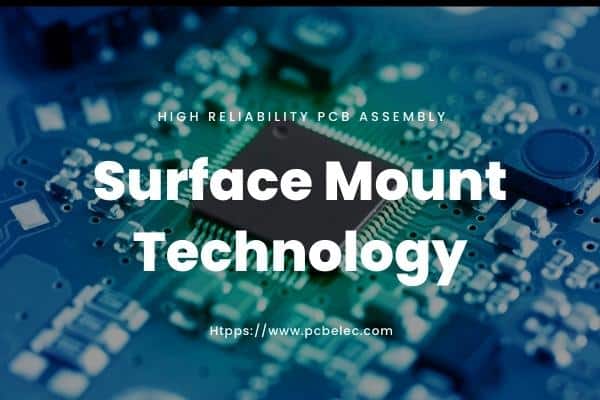
Advantages of Surface Mount Technology
Manufacturing Efficiency
Are you looking for how to produce printed circuit boards in electronic appliances within the shortest possible time? This is one of the reasons why SMT is the favorite option for manufacturers today. When it is used, there is usually reduced drilling. Also, the setup times are much shorter. This brings about more printed circuit boards being completed in record time.
In other words, SMT doesn’t require that holes are drilled during assembly. This can lead to reduced or lower initial costs. Circuit boards prototypes can be produced in the easiest way.
Related Reading
Design Flexibility
This is another advantage that surface mount technology can offer manufacturers. With its usage, there is the possibility of being able to use through-hole on the same board. There is no need to worry since this can ensure better functionality. It is also crucial to point out that SMT makes it possible for multitasking to take place. This is because there is the versatility of high-end components.
Related Reading
Better Performance
Being able to have electrical components glued to a printed circuit board isn’t good enough. This is because such can fall off especially due to vibration or shaking. When this happens, the electrical device or appliance is likely to get damaged. This is where SMT can prove to be very useful. It tends to provide stability that will enable electrical components withstand the harshest and most unfavorable conditions. In the case of vibrations, they have proven to be the best option amongst others. In a nutshell, they are more stable.
More Compact Devices
The use of Surface Mount Technology (SMT) can ensure more compact devices are manufactured. Gone are those days when too many printed circuit boards are used on appliances. Today, it is possible to use fewer circuit boards. This is because components can be attached to the sides of a circuit board leading to creation of more connections. The best part is that quality isn’t compromised in such device. The circuit boards are still going to perform optimally.
Furthermore, areas where printed circuit boards which have been created using surface mount technology have proven to be more compact is that they tend to provide circuit speeds that are higher. It is also worthy of note to point out that they are lightweight when used on PCBs.
EMC Compliant
EMC is an acronym for Electromagnetic compatibility. Series of tests are carried out on PCBs that use surface mount technology. This can help to ensure that regulatory requirements are met. It can also enhance the overall performance of a product. They are usually characterized by lower lead induction. In summary, the EMC compliant nature of SMT ensures not only better functionality but also safety of devices.
This is one of the reasons why SMT has been regarded as highly customizable. For instance, components are attached through selective soldering. This can also play the role of glue. The best part is that such a process of selective soldering can be tailored to fit each component. It is not a one-size-fits-all process. Based on the component involved, a special soldering method will be selected.
Related Reading
Automatic Correction of Auto Placement
This is another area where surface mount technology has proven to be very popular. The molten solder usually has surface tension. This ensures that components align with solder pads automatically. With this, any kind of error existing in component placement will be corrected automatically through the aid of solder pads. SMT is more perfect than you are thinking.
Less Cost
Do you know that despite the benefits offered by surface mount technology as explained above, its parts are much cheaper? Through-hole components are quite more expensive. You could put a hole in your pocket. Manufacturers of electronic devices are embracing this option today because despite ensuring optimum performances for printed circuit boards, its components or parts are budget-friendly.
Recommended Reading
In conclusion, the advantages of SMT PCB assembly are summarized as follows:
- Manufacturing Efficiency
- Design Flexibility
- Better Performance
- More Compact Devices
- EMC Compliant
- Selective Soldering
- Automatic Correction of Auto Placement
- Less Cost
Disadvantages of Surface Mount Technology
Having discovered the advantages that surface mount technology has always been known for over the years, it is high time you found out about its disadvantages. These will be explained below.
Small Lead Spaces
When SMT is used on a printed circuit board, the lead spaces will become very small. This makes it almost impossible for repairs to be carried out on such PCB. It is only normal that a PCB will develop fault as time goes on. Repairing such is always difficult when surface mount technology has been used.
Solder Connections Are Not Guaranteed
This is another problem that SMT has always been known for. During potting application, connections can get damaged. In this case, there is possibility for connections to get damaged once passing through thermal cycling. This can pose a very serious problem.
Apart from these disadvantages, components which bear high electrical load or generate high amount of heat don’t accept surface mount technology. The reason is that high heat can make solder to melt. Therefore, such practice is not recommended for these components.
Final Words
Having seen the above, it is very clear that although surface mount technology has advantages and disadvantages, it is a highly recommended practice. This is because the advantages are more than its disadvantages.
JHYPCB is an electronic assembly manufacturer with 12 years of experience in PCB assembly. We can provide you with high-quality and high-reliability prototype PCB assembly, SMT PCB assembly, through-hole PCB assembly, quick turn Pcb assembly, low-volume PCB assembly, and high-volume PCB assembly, partial and full turnkey PCB assembly services.

